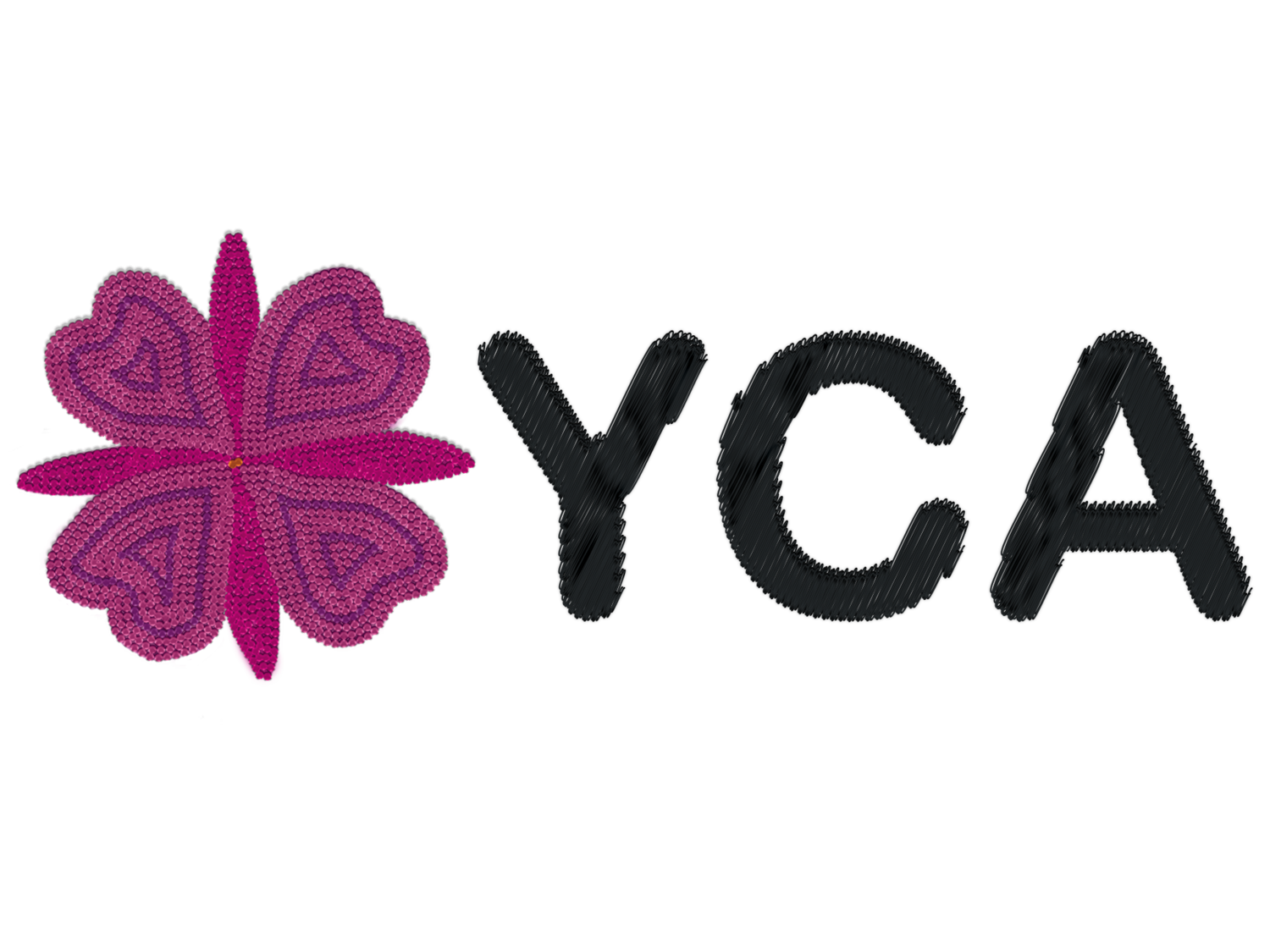Dear YCA members,
We are excited to announce that the YCA Mentorship Program will be resuming!
We are currently in the process of applying to the YHMA’s Heritage Training Fund to support this program. We would be very grateful to any members that would be able to provide a letter of support to help us fund this initiative.
The YCA Mentorship Program aims to provide guidance and expertise on any heritage-related topic that your organization requires (e.g., records management, policy development, archival procedures, etc.). One-on-one sessions will be conducted over Zoom with archival consultant extraordinaire, Michelle Barroca, where you will have up to 10 hours of dedicated time (1-2 hours per session) to ask questions and receive personalized support.
If you are interested in participating, please email our Community Archivist at yukoncnclarch@gmail.com to register. There is no cost for YCA members to participate.
Please forward any letters of support to our Community Archivist at yukoncnclarch@gmail.com by October 14th, 2024. We thank you in advance for your assistance and look forward to providing archival and RIM support to your organization.

